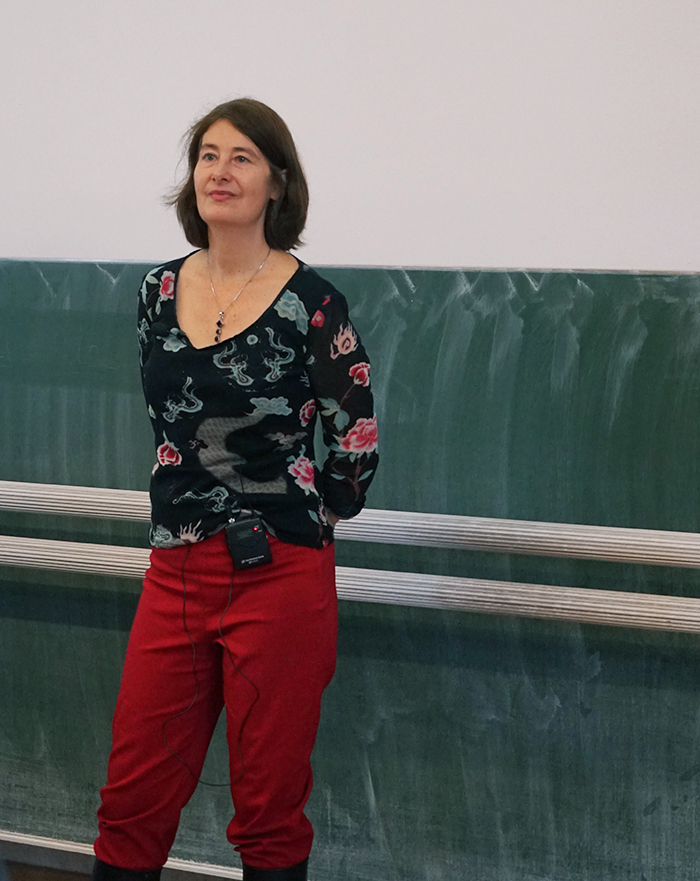Selected Publications
- Reclaiming Romanticism: Towards an Ecopoetics of Decolonization (London: Bloomsbury Academic, 2020)
- “Weaving the Environmental Humanities: Australian strands, configurations, and provocations”, Green Letters: Studies in Ecocriticism 23.1 (2019), special issue on the Environmental Humanities, ed. Graham Huggan, pp. 5-18.
- “Mines aren’t really like that’: German Romantic Undergrounds Revisited,” commissioned by Heather Sullivan and Caroline Schaumann for German Ecocriticism in the Anthropocene, New York: Palgrave MacMillan, 2017, pp. 111-28.
- “Nature, Language, and Religion: Herder and Beyond,” commissioned by Gabriele Duerbeck, Urte Stobbe, Hubert Zapf, and Evi Zemanek for Ecological Thought in German Literature and Culture, Lanham: Lexington Books,2017, pp. 31-42.
- Dancing with Disaster: Environmental Histories, Narratives, and Ethics for Perilous Times (Charlottesville: U of Virginia P, 2015).
- (co-edited) Ecocritical Theory: New European Perspectives (Charlottesville: U of Virginia P, 2011).
- Topographies of the Sacred: The Poetics of Place in European Romanticism (Charlottesville: U of Virginia P, 2004).
FRIAS Project
Religion, Resilience and the Multispecies City
This project will contribute to environmental humanities research addressing multifaceted questions of resilience through the examination of faith-based advocacy for, and engagement in, biodiversity conservation in the global context of declining wildlife populations, diminishing genetic diversity and escalating species extinction. Within this wider project, I propose to undertake a theologically-inflected and scientifically-informed ‘multispecies ethnography’ of the ‘greening’ of sacred spaces in German cities, focussing on the creation of habitat for pollinators in churchyards. In particular, this research will investigate the potential of such initiatives to enhance both human psychological resilience by mitigating ecological grief, and ecosystem resilience by providing habitat for threatened species. By demonstrating the contribution of eco-religious studies to current multidisciplinary resilience research, the project also seeks to enhance the resilience of the humanities in the face of changing academic values and university priorities.
